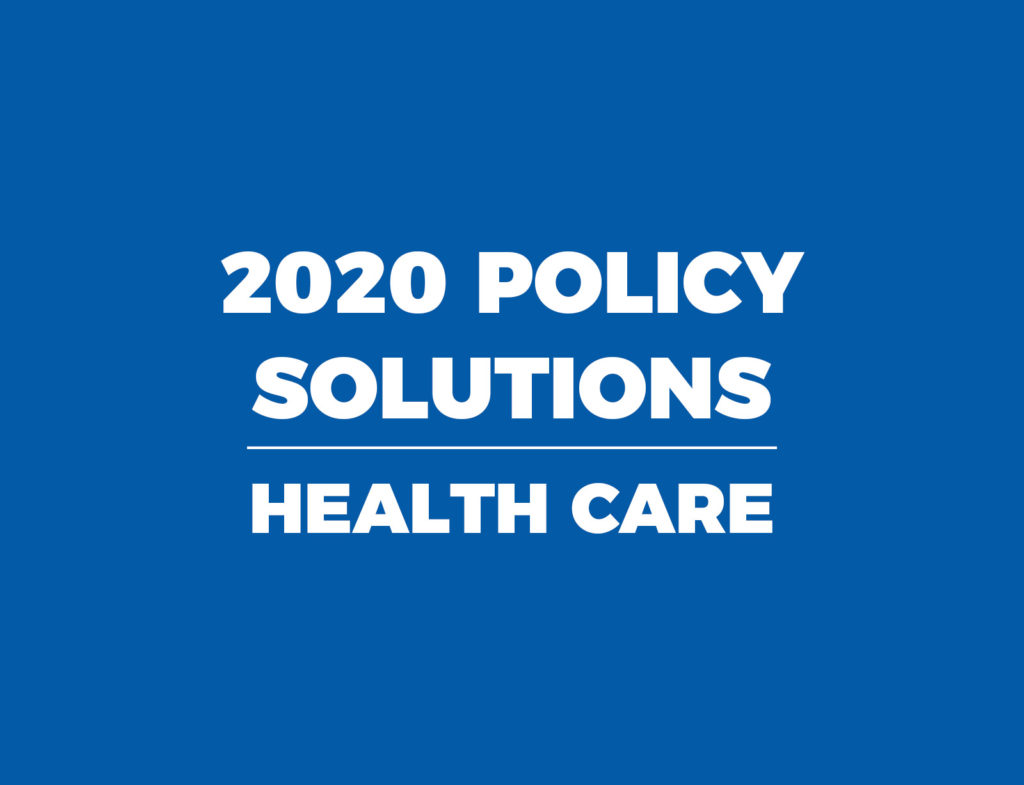Introduction
Updated as of January 2020.
One key provision of the Affordable Care Act (ACA or Obamacare) is the implementation of health insurance exchanges — online marketplaces where individuals can shop for federally qualified health plans offered by participating insurance companies.
Through the exchanges, the Obama administration promised to offer quality and affordable health coverage, while ensuring that insurers comply with the provisions of the law, such as guaranteeing coverage to patients with pre-existing conditions. Yet, the law rarely produced the kind of quality, affordability, and access promised by its architects and proponents.
The ACA required adults who do not receive health benefits through their employer and do not qualify for Medicare or Medicaid to acquire and maintain health insurance coverage. However, the mandate’s tax penalty on people who decided not to buy health insurance did not ensure compliance, as the cost of purchasing health insurance on the exchange sometimes exceeded the cost of the penalties. Thanks to Congress’s 2017-18 tax plan that was passed into law, the individual mandate was repealed in 2019.
Obamacare also produced a massive disruption in the health insurance industry. In 2017, UnitedHealth Group announced its departure from North Carolina’s exchange. The nation’s largest carrier stated that it lost hundreds of millions of dollars on its ACA line of business because exchange regulations prohibit the company from accurately pricing its policyholders’ risk. Aetna subsequently announced its departure from 70 percent of its exchange market nationwide. Within the first two fiscal quarters of 2016, the company suffered $200 million in losses.
Currently, only three insurance companies offer plans on North Carolina’s exchange – Blue Cross and Blue Shield (BCBSNC), Cigna, and Centene/Ambetter. BCBSNC is the only insurer operating in all 100 counties in the state. Cigna offers plans in just five counties in the Raleigh-Durham area, while Ambetter is only available in Durham and Wake counties.
Key Facts
- The Affordable Care Act’s health insurance exchanges offer four “metallic” levels of health plans: bronze, silver, gold, and platinum. Low-premium bronze plans cover 60 percent of expenses but require consumers to be responsible for higher out-of-pocket expenses, including co-pays, co-insurance, and deductibles. Platinum plans come with the most expensive premiums but cover 90 percent of expenses.
- Consumers with annual household incomes between 100 and 400 percent of the federal poverty level (FPL) may qualify for subsidies to offset the cost of insurance premiums. In North Carolina, you qualify for a subsidy with a household income of: $12,490 to $49,960 for a single individual, $16,910 to $67,640 for a couple, and $25,750 to $103,000 for a family of four. However, subsidy amounts greatly tail off beyond 250 percent of FPL.
- Community rating under the ACA prohibits insurers from charging a high-risk individual more than three times the amount charged for a low-risk individual’s premium. This results in the elderly and sick benefiting at the expense of the young and healthy because these low-risk individuals will pay higher premiums to subsidize the health care costs of the high-risk population. For the exchanges to maintain a balanced risk pool, the Obama administration projected that healthy 18-to-34-year-olds need to represent 40 percent of total ACA enrollees. Of the 501,271 North Carolinians that selected a marketplace plan for 2019, just 26.6 percent of signups are in this demographic.
Recommendations
- Set limits to the Affordable Care Act’s impact. Until policymakers in Washington, D.C., repeal the Affordable Care Act, the state should pursue relief by creating health plans that meet consumer preferences and demands. The expansion of association health plans is a logical first step.
- Let market innovations and state-based high-risk pools provide options for individuals who have been denied insurance because of pre-existing conditions. In the past, UnitedHealth Group has offered an insurance product that prevents people from being priced out of the market if their health drastically changes. This could be a workable model if adopted broadly.



